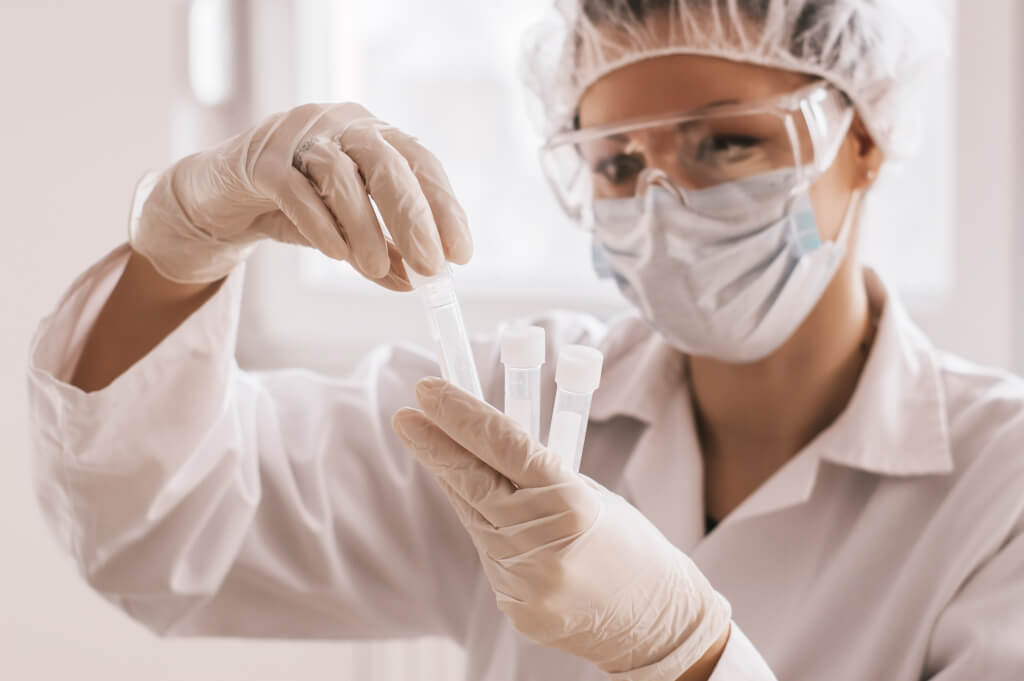Scientists: the third person in the world is completely cured of HIV infection
'09.07.2020'
Source: Tut.by
Researchers have reported a new likely case of a complete cure for HIV infection with a combination of antiretroviral drugs and nicotinamide (vitamin B3), the portal said. Tut.by.

The article says that a 36-year-old man from Brazil contracted HIV infection around 2012. Subsequently, he took part in the trials of a new strategy designed to “flush” the virus from all reservoirs in the human body.
Having received a particularly aggressive combination of antiretroviral drugs (ARVs) and nicotinamide (vitamin B3), which in theory should cause infected cells to awaken a latent, “sleeping” virus, the man who asked him to be called the “patient from São Paulo” stopped all types of treatment HIV in March 2019.
Most people who suppress HIV with antiretroviral drugs and then stop treatment see the amount of viral particles return to high levels within a few weeks. However, in a “patient from São Paulo”, subsequent blood tests showed no virus. Moreover, the number of antibodies to HIV in him also decreased to an extremely low level, hinting at the possibility that he was able to "clean" infected cells in the lymph nodes and intestines.
On the subject: Not only coronavirus: from which 150 thousand people die every day in the world
Ricardo Diaz of the Federal University of São Paulo, conducting this study, is not one hundred percent sure whether the patient really recovered.
“He has very few antigens,” says Diaz, referring to HIV proteins that trigger antibody production and other immune responses. But he notes that his team did not examine the lymph nodes and intestines of the person for the presence of the virus, since he stopped treatment.
And although the researcher carefully interprets the results, he admits that he is “optimistic” and that the patient may still have gotten rid of the virus.
It is known that at present only two people have been cured of HIV infection. Both - Timothy Ray Brown of America and the London Patient - underwent a bone marrow transplant as part of a blood cancer treatment. However, this is an expensive and risky approach that does not always work, and therefore this method is impractical for the 38 million people who are now living with HIV.
There are other negative examples. For example, a baby in Mississippi who started receiving ARV therapy shortly after birth stopped treatment after 18 months and was considered cured until the virus suddenly returned after more than 2 years. And several adults who had a bone marrow transplant could not recover.
Why is it difficult to cure HIV?
It is especially difficult to completely eliminate HIV, since the virus, like other retroviruses, embeds its genetic material in the DNA of human cells, where it can be at rest, avoiding the immune system.
Researchers have come up with several strategies to empty reservoirs of cells that hide HIV infection, but none of them have proven effective.
On the subject: 6 important heart health tests you probably haven’t done
To compare different methods of cleaning “viral reservoirs,” Ricardo Diaz and his colleagues in 2015 accepted the “patient from São Paulo” and other people who took the ARV drug. All were prescribed an aggressive combination with two additional antiretroviral drugs (a total of five) and nicotinamide.
After 48 weeks in such an intensified schedule, five trial participants returned to their usual regimen with three drugs for three years, after which they stopped all treatment. In four, the virus quickly returned, and only the “patient from Sao Paulo” spent 66 weeks without signs of infection, and tests did not detect HIV in his blood.
Interestingly, during the period of nicotinamide intensification, this man was the only one who had twice detected the virus with standard blood tests. For Diaz, this is evidence that latently infected cells were “woken up,” leading to outbreaks of the virus.
However, Sharon Levin, director of the Doherty Institute, emphasizes that the experiment is inconclusive and that it would be nice to observe prolonged remission in several participants in the clinical trial.







